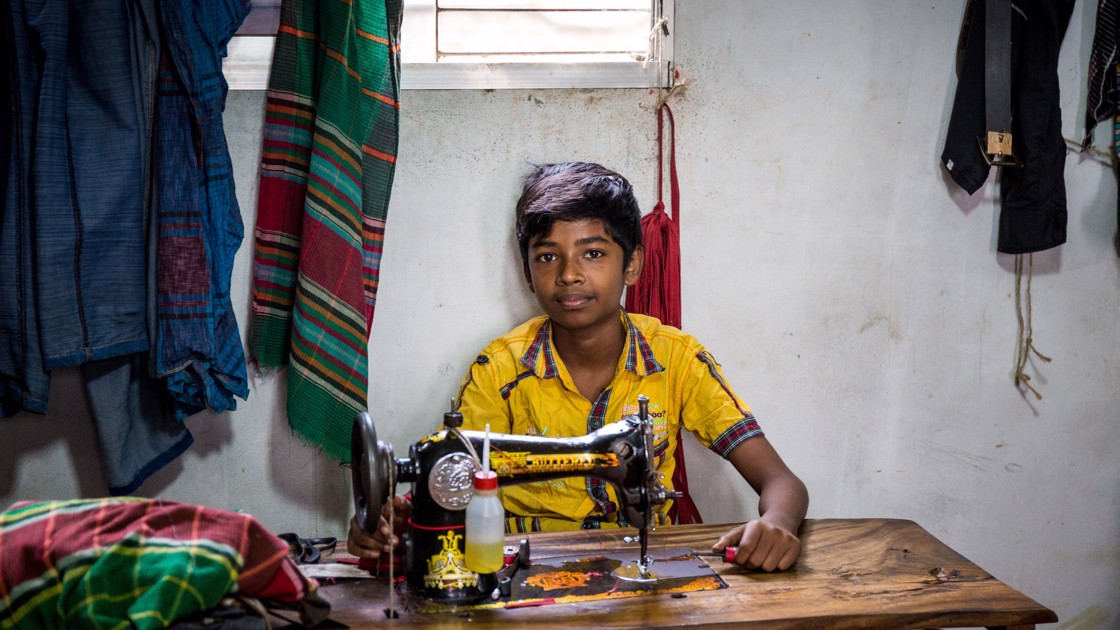We have a duty to stand up for all workers and we call on the EU to revise the current GSP to improve the lives of workers around the world.
Ahead of the European Commission’s proposal for a Revised Generalised Scheme of Preferences (GSP), post-2023, European trade unions have come together with concrete demands to improve the working and living conditions of workers worldwide.
The current GSP aims to support developing countries in their battle against poverty by creating jobs which respect labour and human rights by removing import duties. The biggest sector which benefits from the GSP is the textiles, clothing, leather and footwear (TCLF) sectors, industries which are known to have low working conditions with very little pay in many developing countries.
IndustriAll Europe, as the European trade union representing TCLF workers in Europe, is calling on the European Commission to use the review as a real opportunity to increase the monitoring and transparency of the GSP. The review can also improve the utilisation of sanctions to truly ensure that the GSP leads to high working conditions, with employers fully respecting their employees’ rights.
Judith Kirton-Darling, Deputy General Secretary for industriAll Europe said:
‘’Our message is clear, workers’ rights are human rights. This means that the Revised GSP must ensure that workers in these developing countries have high working conditions, are able to join a trade union and raise complaints on labour abuse issues without the threat of being punished. The EU has a key role to play here in helping raise countries out of poverty and adherence to international labour standards is essential in making this happen.’’
IndustriAll Europe’s paper sets out concrete trade union demands, including human rights (as well as labour rights), increased transparency in monitoring investigative procedures and withdrawal processes, increased access for stakeholders (e.g. trade unions) to assessments, scorecards and complaints, and an improved complaints procedure including the ability for trade unions to raise complaints about human and labour standards.
Judith Kirton-Darling added:
“Workers in Europe stand in solidarity with their brothers and sisters in the poorest countries and demand that the EU uses trade measures to ensure that its trading partners adhere to the core ILO labour standards. These are basic human rights, and we cannot encourage trade with partners who neglect, abuse or underpay their workers. We have a duty to stand up for all workers and we call on the EU to revise the current GSP to improve the lives of workers around the world.’’
IndustriAll Europe position paper on the GSP revision: EN, FR, DE
